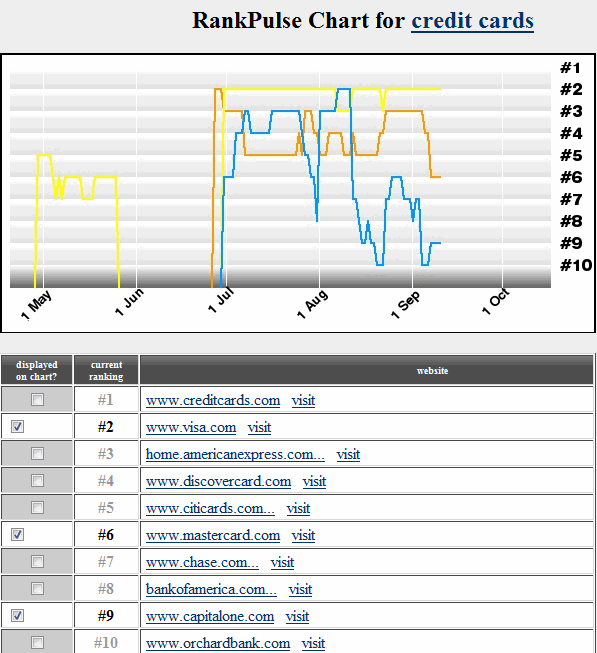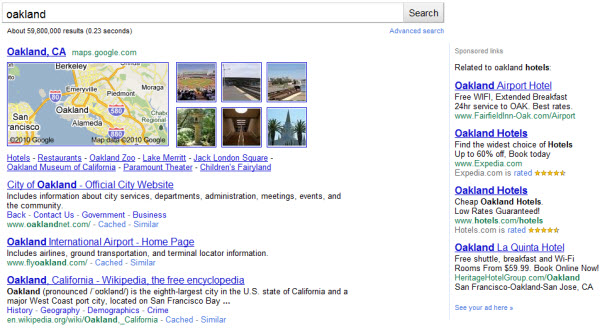
Google recently announced the beta launch of a modified broad matching type in the UK and Canada, which is similar to old school broad match, back before broad became capacious.
And then, without announcement, they also launched inline search suggestions for related keywords on some search results. For example on the image to the right, you can see that a search for IP address has brought up ads for:
- ip address trace
- change ip address
- find ip address
- static ip address
Why wasn’t this (broadly visible) beta announced? A few ideas…
- Bing has a similar feature in their organic search results, so perhaps Google wanted to borrow the idea without officially announcing it?
- They have less certainty on its impact on yield?
- They wanted to test its impact without warning advertisers into changing anything?
Those longer tail keyword variations often have a different (and more precise) meaning than the core keyword, which makes them more potent. And so AdWords advertisers are willing to bid more for those clicks. But if those longtail keywords are being charged for ads showing up on the core keywords that might lower aggregate searcher intent, eating into the profit margins of advertisers who bid up more specific keywords.
Which match type is being charged? Google hasn’t said. But some cursory searching for some of the above keywords makes it look like some of those ads might be phrase matched.
How does this impact search as a whole? Does it make search quicker and more relevant? During the famous “brand” update of Google’s organic search results last year, Google looked at query chains / search funnels to find sites that were often clicked on after the second search, and promoted some of those sites into a better position in the initial core search result set. Perhaps this is a better way for Google to make search faster and more relevant.


But even if the change works out good for searchers, as an advertiser, the impact on your account might differ.
If you had ads that were not shown for some broader keywords due to quality score issues, or some keywords where bidding on the broader variations typically produced losses, be sure to check to see if your ads are showing up via these inline suggestions & adjust bids as necessary. In some areas where bids are higher some of the additional exposure might be expensive. Hate to be the “hotels” aggregator advertiser paying $4 or $5 a click for the curiosity clicks on searches for “Oakland.”

Its even worse when you consider Google’s recent big move into the travel market, and past nibbles into the hotel space.



